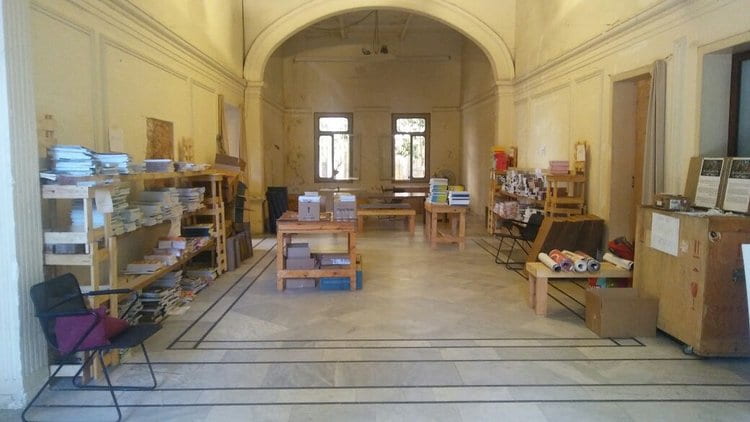Robin Jones
Al-Jumhuriya
Beirut, Lebanon
“You know, most leftists in Syria do not support the idea of human rights.” A Syrian human rights lawyer, who I interviewed during research for my thesis on the history of the Syrian left, made this claim when we met, almost immediately upon hearing about my project topic.
Coming from a family of leftists himself, this lawyer has charted a different course than his siblings, who joined opposition communist parties and faced lengthy jail sentences for their activism. He expressed critical views of leftist politics and arguably, of political parties and grand ideologies more generally, as he understood them as being inherently inclined toward authoritarianism and the erosion of individual rights.
Tracing the rise of Amnesty International, the scholar Jessica Whyte claims that “two very different political movements” emerged at roughly the same time: the anti-war movement, based on leftist political commitments to global solidarity, and the human rights movement, which avoided structural questions and operated outside of the leftist political milieu.
There is indeed a tension between the left and human rights, as noted by my interviewee. Yet, as we discussed in the same interview, many Syrian human rights activists come from a communist or former communist background. The history of the human rights movement and its interactions with the left may differ outside of the Western context that forms the focus of Whyte’s writing.
For the last week of my internship, I traveled to Berlin, where some members of the al-Jumhuriya collective are based, to meet them and begin preliminary interviews for my masters thesis. This gave me a glimpse of another side of life in the Syrian diaspora as well as an opportunity to reflect on my work throughout the summer and how it might feed into my broader academic trajectory.
This interview in particular seemed to encompass many of the questions and issues that I have been grappling with, regarding whether collective projects of liberation are compatible with an approach based on the rights of the individual. Given the ruling Syrian Baath Party’s longstanding use of the rhetoric of anti-colonial nationalism and Arab socialism toward the violent repression of its own population, are these ideas so tainted that Syrian adherents of social justice should retreat to a defense of liberal individual rights alone?
When I posed this question to one of al-Jumhuriya’s founders, who also expresses criticisms of the response of the international left to the Syrian revolution, his answer was no. He argued that liberalism has little currency among the poor and the working class because it fails to seriously address socioeconomic inequality. He suggested instead that new paradigms are needed–as I understood it, ones that enable us to learn from the mistakes of the left in the 20th century and that embrace a humanist approach. It is through grassroots struggles such as the 2011 revolution in Syria that such paradigms will be forged.
